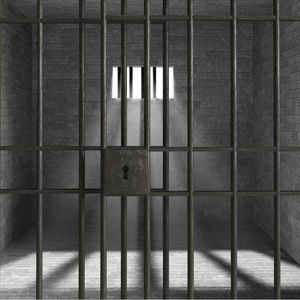crypto.news
2025-02-21 07:41:36
Bitcoin mining sector expands as ASIC count surged 7% in 2024: report
Enim loetud uudised
Loe lahtiütlusest : Kogu meie veebisaidi, hüperlingitud saitide, seotud rakenduste, foorumite, ajaveebide, sotsiaalmeediakontode ja muude platvormide ("Sait") siin esitatud sisu on mõeldud ainult teie üldiseks teabeks, mis on hangitud kolmandate isikute allikatest. Me ei anna meie sisu osas mingeid garantiisid, sealhulgas täpsust ja ajakohastust, kuid mitte ainult. Ükski meie poolt pakutava sisu osa ei kujuta endast finantsnõustamist, õigusnõustamist ega muud nõustamist, mis on mõeldud teie konkreetseks toetumiseks mis tahes eesmärgil. Mis tahes kasutamine või sõltuvus meie sisust on ainuüksi omal vastutusel ja omal äranägemisel. Enne nende kasutamist peate oma teadustööd läbi viima, analüüsima ja kontrollima oma sisu. Kauplemine on väga riskantne tegevus, mis võib põhjustada suuri kahjusid, palun konsulteerige enne oma otsuse langetamist oma finantsnõustajaga. Meie saidi sisu ei tohi olla pakkumine ega pakkumine


















